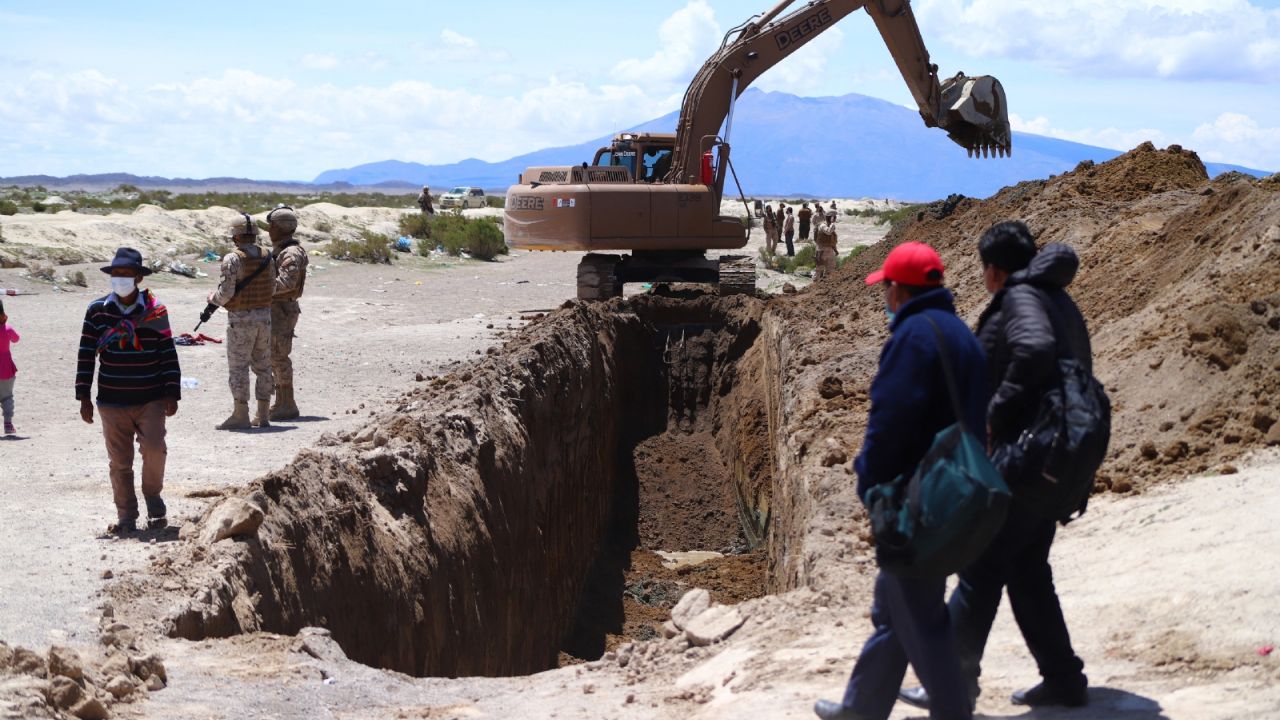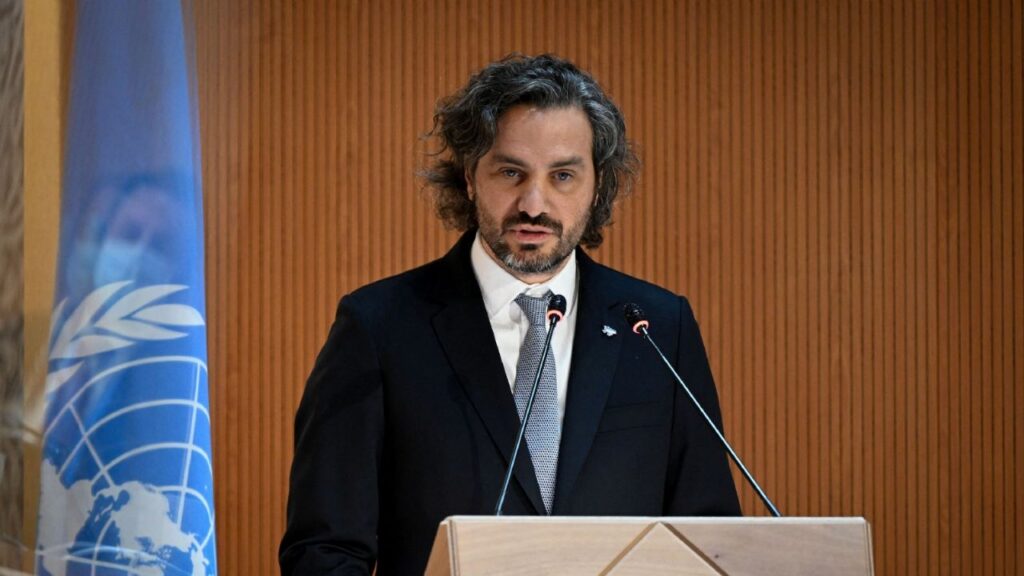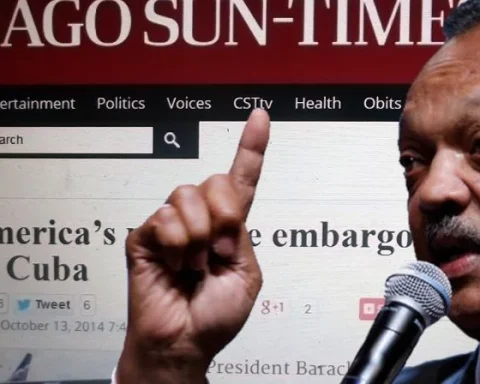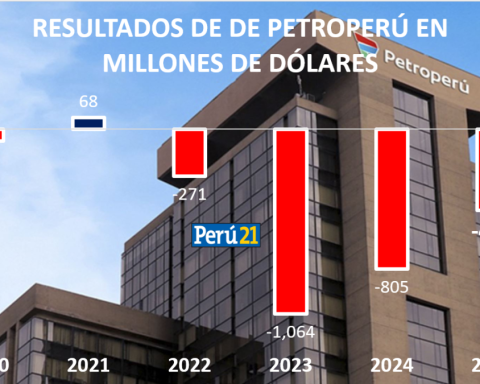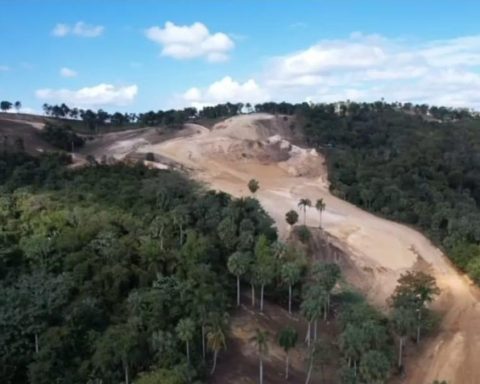AFP / Santiago, Chile
The Chilean government announced this Saturday the construction of a new ditch on the border with Bolivia, near the town of Colchane (north) to control the irregular migration unleashed in that area and criminal gangs.
The government carried out maintenance last week on the 600-meter ditch built five years ago near Colchane.
Criminal gangs dedicated to smuggling and drug trafficking built bridges to cross it, which are also used by undocumented migrants, mainly Venezuelans.
Interior Minister Rodrigo Delgado told reporters that the trench will be extended to the north by some 300 meters.
You can also read: Trench on the border: Chile talks about “maintenance work” to prevent the passage of migrants
“There are approximately 300 meters that are going to grow to the north of the current ditch, which is where the border complex itself is,” Delgado explained.
For two years, Colchane has become the gateway for thousands of undocumented foreigners who cross on foot through unauthorized passages from Bolivia through the inhospitable Altiplano. Their goal is to reach Chile, where they seek a better life.
The expansion of the ditch seeks “to have greater control capacity of criminal gangs who want to pass in vehicles or precisely of people who want to enter Chile clandestinely,” Delgado said.
You can also read: Chile announces dialogue with Bolivia over migration crisis on the border
The former candidate for the presidency of Chile, the ultra-conservative José Antonio Kast (who lost the ballot last December 19 against the leftist Gabriel Boric) had proposed in his government program to build a three-meter-deep ditch with fences on the border with Bolivia to curb irregular migration, causing great controversy.
At least 23 migrants have died in the last year trying to cross the border with Bolivia. A large part of those who manage to reach Chilean cities settle in tents, in squares or drift asking for help.
The migration crisis led the government of Sebastián Piñera, who ends his term next Friday, to decree a state of emergency in February that was extended for another 15 days last Thursday.
The measure allows the deployment of more than 600 soldiers in four provinces in the north of the country to collaborate with the police in border immigration control.
